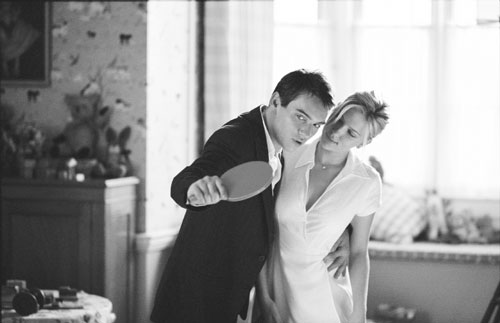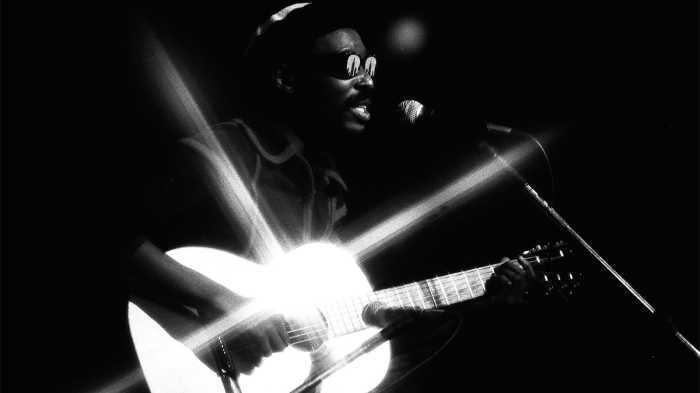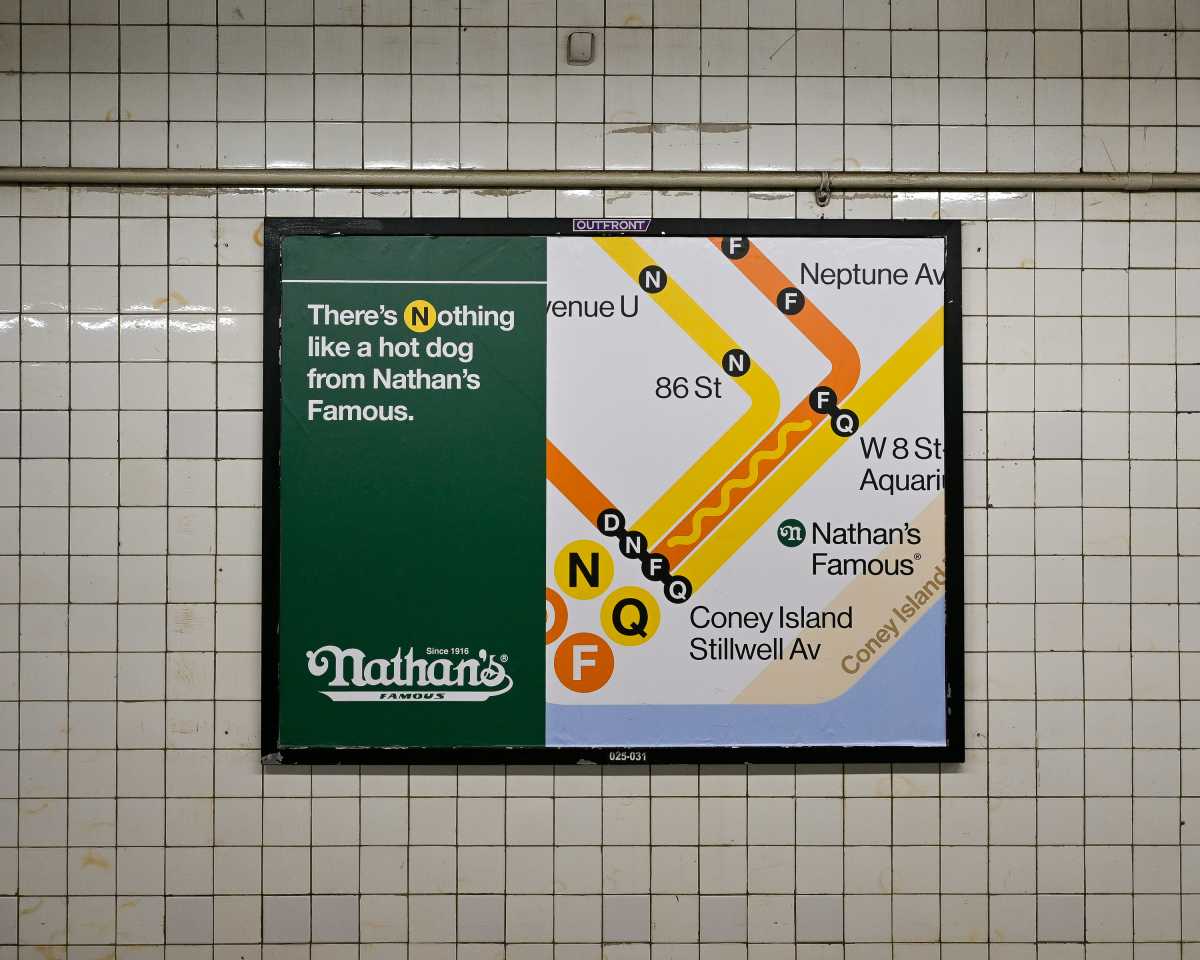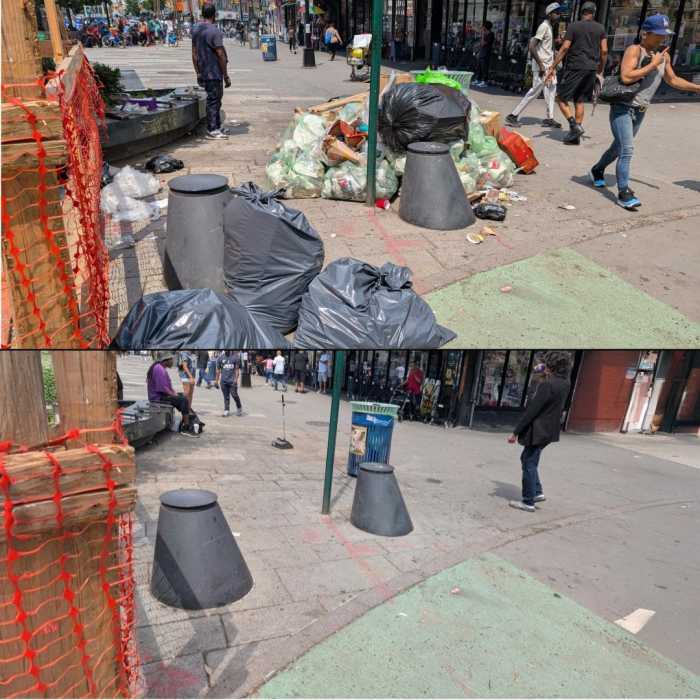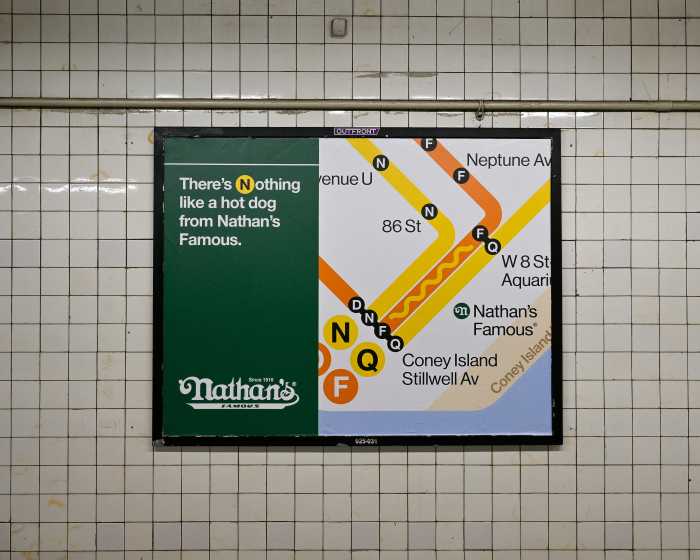By Leonard Quart
MATCH POINT
Directed and written by Woody Allen
Starring Jonathan Rhys-Myers, Scarlett Johansson,
and Emily Mortimer
Now playing at Loews Village V11
66 Third Avenue at E. 11th St.
www.loewscineplex.com
Except for his sardonic black comedy, “Deconstructing Harry,” Woody Allen’s films in the past decade have generally been stale, pallid, and unfunny. He seemed to be timeserving — making moribund films devoid of creative imagination and urgency just to keep working and producing his habitual one film a year.
In “Match Point,” Allen has stopped straining to be funny. There are no one-liners in this film, though it does contain a few moments of dark humor. And while it resurrects the melodramatic world of “Crimes and Misdemeanors,” it’s without the self-conscious philosophizing and Allen’s own neurotically humorous persona. Even the setting — a wealthy, cultivated London, complete with a huge South Bank loft with stunning views of the Thames, the Covent Garden Opera and the Tate Modern’s airy galleries — has replaced Woody’s selectively golden Manhattan.
The film’s central figure is Chris Wilton (Jonathan Rhys-Meyers), a young Irish tennis instructor who becomes involved with a wealthy family. At first he seems personable and low keyed, but that’s mere façade. It doesn’t take long for him to exhibit his true self to the audience, and we soon learn that he is a character out of a Theodore Dreiser novel: a greedy, lustful, ambitious man on the make.
There are two women in his life: the wealthy, sweet, but not too perceptive Chloe (Emily Mortimer in an undeveloped role), whom he marries and who helps him get a top job with the family firm, and Nola (Scarlett Johansson), Chloe’s brother’s fiancée — a sharp, sensual, aspiring American actress from Boulder who instantly arouses sexual passion in Chris.
Myer’s performance as Chris is a subtle, sinuous one. He is deferential and polite with Chloe and her family, aggressive and sexually volatile with Nola. Both he and Nola are social outsiders who instantly recognize each other’s unease in this world of lavish country estates, handsomely appointed drawing rooms, grouse hunting, and cultural dabbling. Allen’s depiction of the upper class may be too insouciant (except for Chloe’s mother’s tart-tongued moments), but the attraction of their serenely moneyed world for someone like Chris is utterly convincing.
“Match Point,” however, is not about the nature of an oppressive class system, but about living in a nihilistic universe seemingly governed by chance — one devoid of a moral or religious order, a repeated theme of Allen’s. Allen doesn’t make a wrong directorial move here; he crisply keeps the tension building and his London surfaces seductive.
Still, the film seems more brilliantly calibrated than inspired. I suppose I’m hungering for Allen’s return to the deeply felt comic/pathos of “Annie Hall,” “Manhattan,” and “Husbands And Wives.” But for Allen this is a return to form and a pleasurable, coolly rendered and intelligent film that makes us look forward, rather than wary, of his next work.



